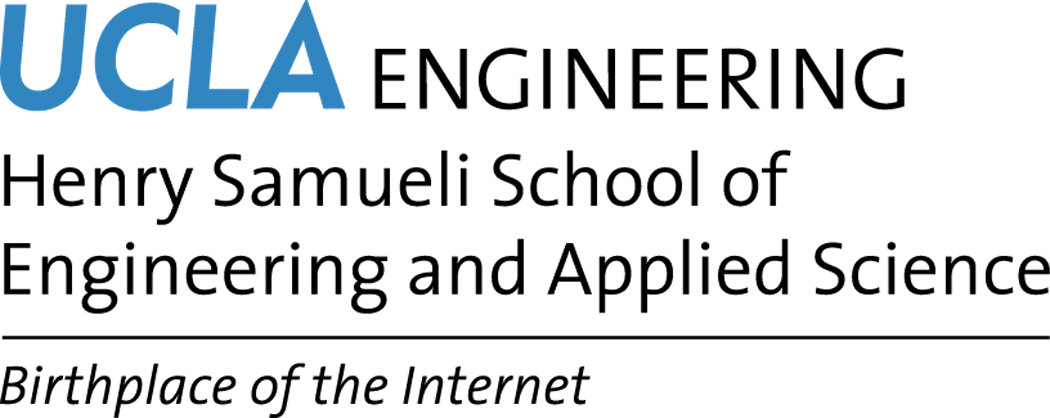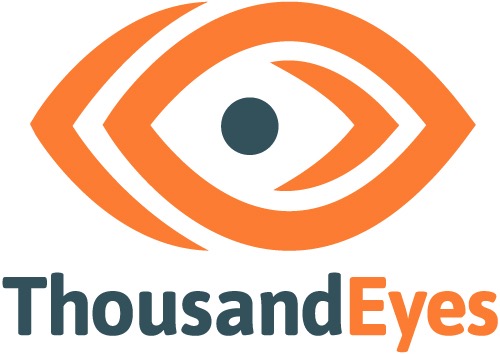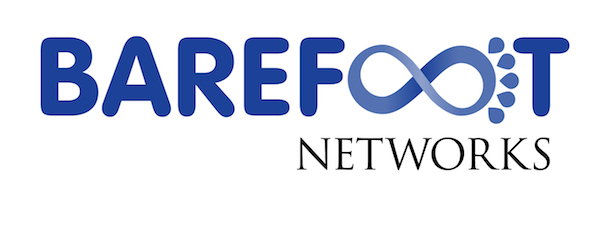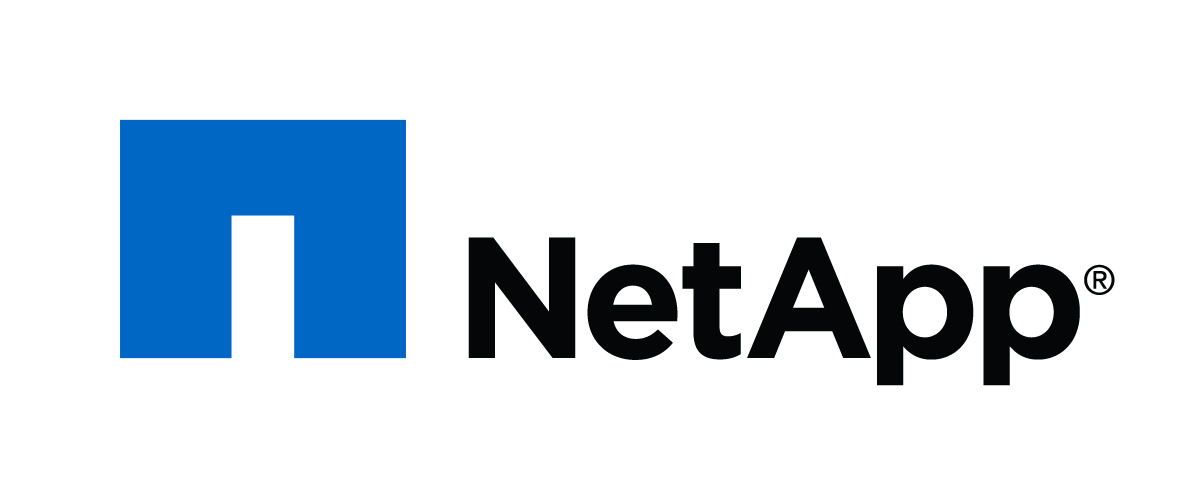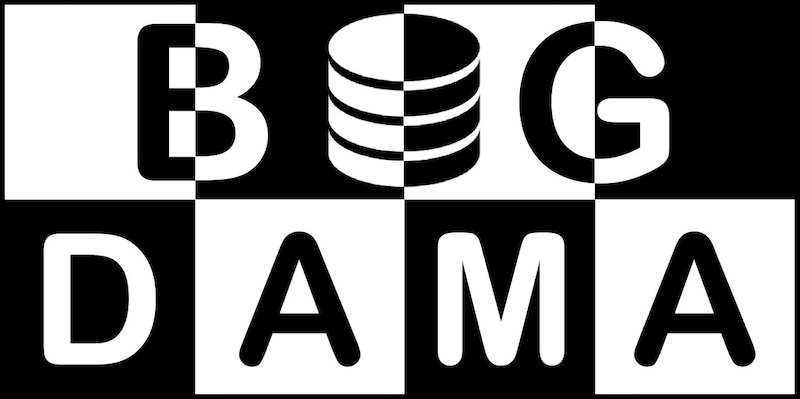Call for Posters and Demos
The SIGCOMM poster and demo sessions showcase works-in-progress in an informal setting. Topics of interest are the same as research topics in the SIGCOMM conference call for papers. We strongly encourage student and industry submissions. The SIGCOMM 2017 Poster and Demo committee will review all posters and demo proposals. Students must present student posters at the conference. Authors of accepted papers in SIGCOMM 2017 may not submit a poster on the same work as in the paper.
Please note that product-focused, as opposed to research-focused, industrial demos may be more appropriately submitted to the SIGCOMM Industrial Demo track.
Why should you submit a Poster or a Demo?
Presenting a poster is a great opportunity, especially for students, to obtain interesting and valuable feedback on ongoing research from a knowledgeable crowd at the conference. Accepted posters and demos will be published as a two-page abstract for the archived conference proceedings. We will summarize accepted submissions in an editorial note in the SIGCOMM newsletter, the Computer Communication Review (CCR). Students who are submitting posters are highly encouraged to examine if they are eligible for student travel grants.
Poster and Demo submissions may qualify for the Student Research Competition.
How to Present a Poster On-site?
We expect both poster and demo presenters to prepare a poster. A poster is usually A0 paper size in portrait mode (841 x 1189mm, details TBA), to which you can affix visually appealing material that describes your research. Alternatively, you can use the space as a continuum. You should prepare the best material (visually appealing and succinct) that effectively communicates your research problem, techniques, results, and what is novel/important about the work. You do not submit such a large-format image; only an abstract describing in text what the poster would present.
What To Submit
If you are submitting a poster, you must submit a two-page abstract in PDF format that describes your work. The abstract should clearly state: (a) the problem being addressed, (b) what makes this problem interesting, important, and difficult, (c) your approach to the problem, and (d) the key contribution.
If you are submitting a demo, you must submit a three-page abstract (two page overview, one page demo requirements). The third page of technical requirements should detail:
- Equipment to be used for the demo
- Space needed
- Setup time required
- Additional facilities needed, including power and any Internet access requirements
All demos will be provided with table space, a poster board, and wireless Internet access by default.
In both cases, acceptance will be primarily based on review of the submitted abstract.
Prepare your abstract using ACM SIG Alternate conference style. Word documents will not be accepted. The abstracts of accepted posters and demos will be available to all attendees at the conference.
It is highly encouraged that each demo proposal includes a video clip showcasing the work, in addition to the abstract. The video should be no more than 3 minutes and should give a good idea of what the demo is about and what it would look like. Including a video clip will help the committee better understand and evaluate your proposal.
Authors of accepted demos and posters will be encouraged to publish auxiliary material in the ACM Digital Library with their poster/demo (source code, packet traces, and so forth) to improve the reproducibility of their results. The auxiliary material does not need to be submitted but can be referenced in the submission.
The posters and demos submitted to SIGCOMM 2017 must be original and cannot be concurrently submitted to other workshops or conferences during the SIGCOMM poster/demo review period. Dual submissions are a waste of the reviewer’s time.
Where To Submit
Please submit your abstract at https://sigcomm17posters.hotcrp.com/. Submissions are single blind, so please include authors’ names and affiliation. When submitting (a poster), indicate if the submission should be considered for the ACM SIGCOMM Student Research Competition (SRC).
Important Dates
-
May 17, 2017Submissions deadline
-
June 14, 2017Acceptance Notification
Organizers
- Poster and Demo Chairs
-
Matthias Wählisch
Freie Universität Berlin, Germany
-
Jeff Burke
University of California, Los Angeles, USA
-
Nicholas Zhang
Huawei, HongKong
- Program Commitee
-
Emile Aben
RIPE NCC
-
Randy Bush
IIJ and Dragon Research
-
Kai Chen
Hong Kong University of Science & Technology
-
Kenjiro Cho
IIJ
-
Alberto Dainotti
CAIDA
-
Christoph Dietzel
TU Berlin / DE-CIX
-
Tobias Flach
Google
-
Matthew Grosvenor
University of Cambridge
-
Dongsu Han
KAIST
-
Geoff Huston
APNIC
-
Ari Keränen
Ericsson
-
Jun Kurihara
KDDI
-
Bin Liu
Tsinghua University
-
John Lui
Chinese University of Hong Kong
-
Sue Moon
KAIST
-
David Naylor
Carnegie Mellon University
-
Pekka Nikander
Aalto University
-
Eric Osterweil
Verisign
-
Cristel Pelsser
Université de Strasbourg
-
Zhiyun Qian
University of California Riverside
-
Dario Rossi
Telecom ParisTech
-
Thomas Schmidt
HAW Hamburg
-
Gene Tsudik
University of California, Irvine
-
Gareth Tyson
Queen Mary University of London
-
Michael Welzl
University of Oslo
-
Joerg Widmer
IMDEA
-
Ben Zhao
University of California, Santa Barbara

